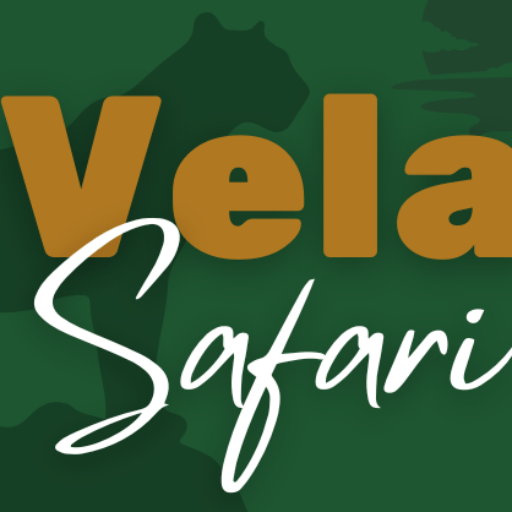FAQ
Before traveling to Tanzania, you can find here helpful travel information’s on Flights, Health, Luggage, Money and Visa/Passport. Please note that the information’s given here are only an orientation. It is essential to check with your doctor, bank and embassies/consulates.
Do I need a visa to visit Tanzania?
Yes, most travelers require a visa to enter Tanzania. You can apply for a visa online (eVisa) or at a Tanzanian embassy or consulate. Some nationalities may be eligible for a visa on arrival, but it’s best to confirm the latest regulations before traveling
What is the best time to visit Tanzania?
The dry season (June to October) is ideal for safaris and wildlife viewing, while the wet season (November to May) offers lush landscapes and fewer crowds. For the Great Migration, plan your trip between July and September
Is Tanzania safe for tourists?
Tanzania is generally safe, but petty crimes like pickpocketing can occur in busy areas. Stick to well-known tourist zones, avoid displaying valuables, and follow your guide’s instructions during safaris
What are the top attractions in Tanzania?
Popular attractions include the Serengeti National Park, Mount Kilimanjaro, Ngorongoro Crater, Zanzibar’s beaches, and Selous Game Reserve
What vaccinations are required?
Yellow fever vaccination is mandatory if you’re arriving from a yellow fever-endemic country. Other recommended vaccinations include hepatitis A and B, typhoid, and rabies. Consult your doctor for personalized advice
What currency is used in Tanzania?
The Tanzanian Shilling (TZS) is the official currency. US dollars are widely accepted in tourist areas, but it’s advisable to carry local currency for smaller transactions
What language is spoken in Tanzania?
Swahili is the national language, but English is widely spoken, especially in tourist areas
What should I pack for my trip?
Essentials include lightweight clothing, comfortable walking shoes, sunscreen, insect repellent, a hat, and a reusable water bottle. For safaris, neutral-colored clothing is recommended
Can I use my mobile phone in Tanzania?
Yes, you can use your mobile phone with a local SIM card or international roaming. Major cities and tourist areas have good network coverage
What is the tipping culture in Tanzania?
Tipping is customary for guides, drivers, and hotel staff. It’s a way to show appreciation for their services
What is the local cuisine like?
anzanian cuisine is diverse and flavorful. Popular dishes include ugali (maize porridge), nyama choma (grilled meat), pilau (spiced rice), and samaki (fish). Zanzibar is famous for its spices and seafood
What are the transportation options in Tanzania?
You can travel by buses, taxis, or domestic flights. For safaris, 4×4 vehicles are commonly used. In cities, boda-bodas (motorcycle taxis) are a quick way to get around.
Are there any cultural norms I should be aware of?
Tanzanians are warm and hospitable. Dress modestly, especially in rural areas. Greetings are important, so take time to say hello and shake hands
What is the internet and Wi-Fi availability like?
Internet access is available in major cities and tourist areas. Many hotels and cafes offer Wi-Fi, but speeds may vary
Are there any unique souvenirs to buy in Tanzania?
Look for handmade crafts like Maasai jewelry, wooden carvings, and colorful kanga fabrics. Tanzanite gemstones are also a popular choice.
Can I drink tap water in Tanzania?
It’s recommended to drink bottled or filtered water to avoid waterborne illnesses.
What are the emergency contact numbers in Tanzania?
For police, dial 112. For medical emergencies, dial 114. It’s advisable to have travel insurance that covers medical evacuation
What are the entry requirements for Tanzania?
You need a valid passport with at least six months of validity and a visa (unless exempt). Some travelers may also need proof of yellow fever vaccination.
Are there any restrictions on drone usage in Tanzania?
Yes, flying drones requires permission from the Tanzania Civil Aviation Authority. Unauthorized use can lead to fines or confiscation.
What is the electricity voltage in Tanzania?
The voltage is 230V, and the plug types are D and G. Carry a universal adapter if your devices use different plugs.
